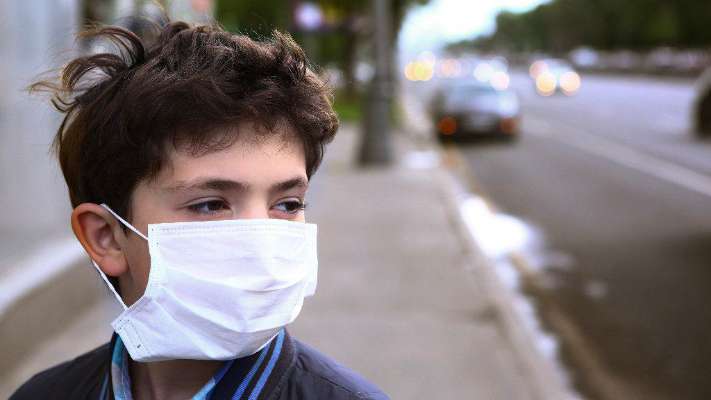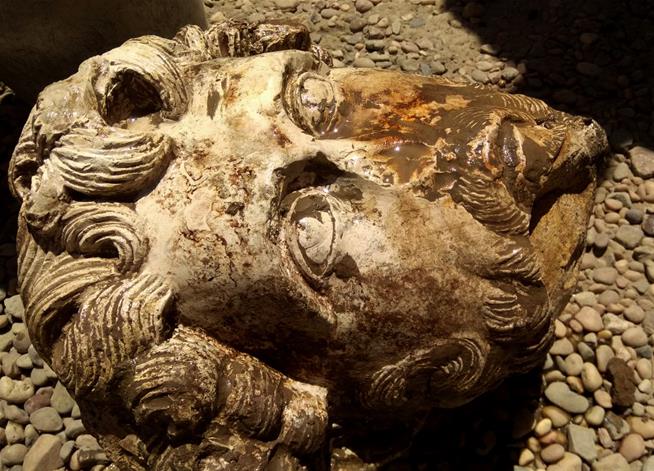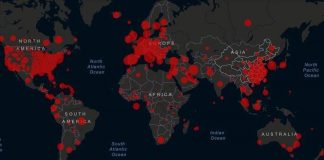
UK children inhaling toxic air on school run and in classroom.
Children are most exposed to dangerous air pollution on the school run and in the playground, experts have warned.
While children only spend 40 per cent of their time on the school run and at school, they receive 60 per cent of their exposure to tiny particles of black carbon during those times, a study has found.
Peaks in children’s exposure to the pollution were recorded while they travelling to and from school and during breaktime when they were likely to be in the playground, the report by Unicef UK and Queen Mary, University of London showed.
Exposure to the pollutant, which can penetrate deep in the lungs, bloodstream and potentially the brain, and can stunt lung and brain growth and cause long term breathing conditions, is generally higher at school than when children are at home.
Amy Gibbs, Unicef UK’s director of advocacy, said: “Every day, thousands of children across the UK are setting off on a toxic school run that could impact their lifespan and contribute to serious long-term health problems.
“We cannot afford to continue to overlook this invisible but serious threat; change is possible if the government acts now.
“It is critical that it sets out a clear strategy with sufficient funding to protect children from the harmful effects of toxic air, when and where they are proven to be most at risk.”
During the study, six children in London took carried personal monitors which recorded black carbon over a 24-hour period during weekdays to assess their exposure on an average school day.
They spent an average of 7 per cent of the day travelling, but experienced 15 per cent of their daily exposure to black carbon while on their journeys.
And while they spent 32 per cent of the day at school, they got 44 per cent of their exposure to the pollution during that time.
The assessment is part of an unpublished study by Queen Mary researchers.
Unicef UK estimates that one in three children, some 4.5 million, are growing up in towns and cities in the UK with unsafe levels of particulate pollution.
The charity warns that children breathe faster than adults, taking in more polluted air relative to their body weight.
And they tend to be exposed to higher doses, because they spend more time outside, walk or are pushed in buggies at the height of vehicle emissions.
Taking a child to school in a car does not protect them from the pollution, however, as they may be exposed higher levels of pollutants inside vehicles, because emissions circulate and build up rather than dissipate.
Uncief UK is calling on the government to set up a ring-fenced funding pot to protect children from air pollution, including on their daily school run and at school and nursery, and set out a UK-wide strategy on children and air pollution.
The charity also wants to see an ambitious network of clean air zones, with child-friendly areas that promote walking, cycling and public transport, and expand air quality monitoring to better understand children’s exposure to pollution.
A Department for Environment, Food and Rural Affairs spokesman said: “The government is already taking strong action to improve the air we breathe.
“Our Clean Air Strategy builds on our £3.5bn plan to tackle roadside emissions, and by ending the sale of conventional new diesel and petrol cars and vans by 2040, we are acting faster than almost every other major developed economy.
“But the government cannot act alone. Whether it’s burning only the cleanest fuels at home or leaving the car at home on the school run, everyone has a role to play in reducing air pollution and protecting the health of our children.”













